MIT SHASS at SOLVE
An October 2015 conference on the MIT campus marked the launch of SOLVE — a project dedicated to generating ongoing thinking, research, and collaboration to solve the world's toughest problems in energy, health, education, and innovation. Meet MIT-SHASS participants in some of the initial events.

|
Melissa NoblesKenan Sahin Dean, SOLVE conference member |
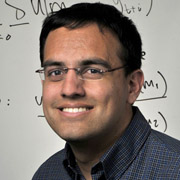
|
Parag PathakProfessor of Economics |
|
Glenn EllisonGregory K. Palm Professor |
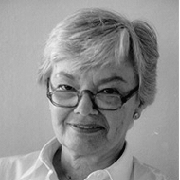
|
Judith Jarvis ThompsonProfessor Emerita of Philosophy “Ethics has always been a central question in philosophy, both because many people look to philosophy for answers on what we can do, and because it can seem hard to fit ethics into our picture of the world. Judy has never been shy of using philosophy to say what we can do (she has, for example, famous views on the rights of abortion and of self-defense), but in this volume [on Normativity] she is concerned with the more theoretical question of the nature of ethics, and of normativity more generally.” — Richard Holton, Professor of Philosophy, University of Cambridge |
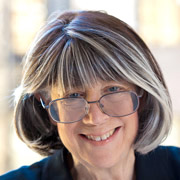
|
Susan SilbeyLeon and Anne Goldberg Professor of Humanities, Sociology and Anthropology; and Professor of Behavioral and Policy Sciences |

|
Eric KlopferDirector, the Education Arcade Klopfer’s research focuses on the development and use of computer games and simulations for to develop a stronger understanding of science, technology, engineering, and mathematics. The games that he works on are designed to build familiarity with scientific practices and concepts, critical knowledge, and real-world issues. He is the co-author of the books Adventures in Modeling and The More We Know, as well as the author of Augmented Learning. Klopfer is also the co-founder and past president of the non-profit Learning Games Network. |
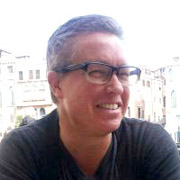
|
Ian CondryAssociate Professor, Comparative Media Studies “Anime is imbued with a sense of social energy,” Condry says in his recent book, The Soul of Anime. He studies the culture and history of anime for "lessons we might use for new emergent industries, including crowdsourcing and collective feedback." Audience participation also makes anime a highly personal form of entertainment, and the "soul" of the medium, Condry says, comes from the investment of creative energy that fans pour into it. |
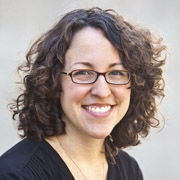
|
Heidi WilliamsClass of 1957 Career Development Assistant Professor, Economics |
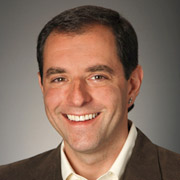 |
David AutorProfessor of Economics Featured speaker, SOLVE Talks @Google/WGBH: Rebalancing Inequality Autor's research includes a focus on human capital, skill supply and demand, earnings inequality, and labor market impacts of technological change and globalization. The economics database IDEAS/RePEc ranks him among the top five percent of economists. A few articles include: Inequality among the 99%: In an article in Science, Autor moves the inequality discussion beyond the “1%.” Inequality offensive: Autor and other economists evaluate the consequences of increasing inequality in America, and suggest solutions. Study: Polarized U.S. labor market is leaving more employees in service job with limited upside and leverage. |
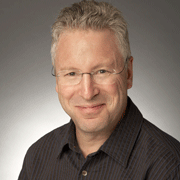 |
Thomas LevensonProfessor of Science Writing SOLVE conference member |
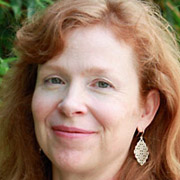
|
Mary FullerProfessor of Literature, and Head, MIT Literature |
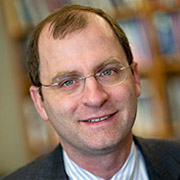
|
David MindellFrances and David Dibner Professor of the History of Engineering and Manufacturing SOLVE MAKE sessions In his new book, Our Robots, Ourselves (Viking, 2015), Mindell takes us to extreme environments — high atmosphere, deep ocean, and outer space — to reveal the most advanced robotics. He argues that the stark lines we’ve drawn between human and not human, manual and automated, aren’t helpful for understanding our relationship with robotics. |
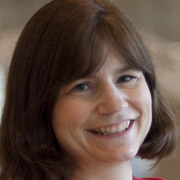
|
Andrea CampbellArthur and Ruth Sloan Professor of Political Science SOLVE CURE sessions |
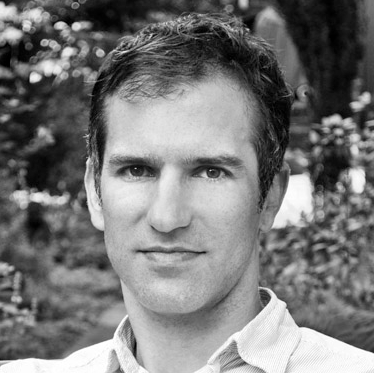
|
Seth MnookinFord International Career Development Professor of Science Writing Seth Mnookin is the Co-Director of MIT’s Graduate Program in Science Writing. His most recent book, The Panic Virus: The True Story Behind the Vaccine-Autism Controversy, won the National Association of Science Writers 2012 “Science in Society” Award and the New England chapter of the American Medical Writers Association’s Will Solimene Award for Excellence. He is also the author of the 2006 New York Times bestseller Feeding the Monster: How Money, Smarts, and Nerve Took a Team to the Top, which chronicles the challenges and triumphs of the John Henry-Tom Werner ownership group of the Boston Red Sox. His first book, 2004’s Hard News: The Scandals at The New York Times and Their Meaning for American Media, was a Washington Post Best Book of the Year. Seth is currently a member of the FDA’s Expert Working Group on Medical Countermeasure Emergency Communication Strategies. Since 2005, he’s been a contributing editor at Vanity Fair, where he’s written about the American media presence in Iraq, Bloomberg News, and Stephen Colbert. In 2002 and 2003, he was a senior writer at Newsweek, where he wrote the media column “Raw Copy” and also covered politics and popular culture. Seth’s essays and reporting have been featured in the annual Best American Science and Nature Writing anthologies, and his journalism has appeared in numerous publications, including The New Yorker, New York, Wired, The New York Times, The Washington Post, The Boston Globe, Spin, Slate, and Salon.com. A former music columnist for The New York Observer, he began his journalism career as a rock critic for the now-defunct webzine Addicted to Noise and has also worked as a crime reporter at The Palm Beach Post, a city hall reporter at the Forward, a presidential campaign reporter at Brill’s Content, and a jack-of-all-trades at Inside.com. He graduated from Harvard College in 1994 with a degree in History and Science, and was a 2004 Joan Shorenstein Fellow at Harvard’s Kennedy School of Government. A native of Newton, Massachusetts, he and his wife currently live outside of Boston with their ten-year-old dog, their five-year-old son, and their three-year-old daughter. - See more at: http://sethmnookin.com/bio/#sthash.4qLaAAhS.dpufSeth Mnookin is the Co-Director of MIT’s Graduate Program in Science Writing. His most recent book, The Panic Virus: The True Story Behind the Vaccine-Autism Controversy, won the National Association of Science Writers 2012 “Science in Society” Award and the New England chapter of the American Medical Writers Association’s Will Solimene Award for Excellence. He is also the author of the 2006 New York Times bestseller Feeding the Monster: How Money, Smarts, and Nerve Took a Team to the Top, which chronicles the challenges and triumphs of the John Henry-Tom Werner ownership group of the Boston Red Sox. His first book, 2004’s Hard News: The Scandals at The New York Times and Their Meaning for American Media, was a Washington Post Best Book of the Year. Seth is currently a member of the FDA’s Expert Working Group on Medical Countermeasure Emergency Communication Strategies. Since 2005, he’s been a contributing editor at Vanity Fair, where he’s written about the American media presence in Iraq, Bloomberg News, and Stephen Colbert. In 2002 and 2003, he was a senior writer at Newsweek, where he wrote the media column “Raw Copy” and also covered politics and popular culture. Seth’s essays and reporting have been featured in the annual Best American Science and Nature Writing anthologies, and his journalism has appeared in numerous publications, including The New Yorker, New York, Wired, The New York Times, The Washington Post, The Boston Globe, Spin, Slate, and Salon.com. A former music columnist for The New York Observer, he began his journalism career as a rock critic for the now-defunct webzine Addicted to Noise and has also worked as a crime reporter at The Palm Beach Post, a city hall reporter at the Forward, a presidential campaign reporter at Brill’s Content, and a jack-of-all-trades at Inside.com. He graduated from Harvard College in 1994 with a degree in History and Science, and was a 2004 Joan Shorenstein Fellow at Harvard’s Kennedy School of Government. A native of Newton, Massachusetts, he and his wife currently live outside of Boston with their ten-year-old dog, their five-year-old son, and their three-year-old daughter. - See more at: http://sethmnookin.com/bio/#sthash.4qLaAAhS.dpufSOLVE CURE sessionsSOLVE CURE sessions Story: Mnookin co-authors AAAS report calling for dedicated research on vaccination decisions Q&A: Seth Mnookin on vaccination and public health Seth Mnookin is the Co-Director of MIT’s Graduate Program in Science Writing. His most recent book, The Panic Virus: The True Story Behind the Vaccine-Autism Controversy, won the National Association of Science Writers 2012 “Science in Society” Award and the New England chapter of the American Medical Writers Association’s Will Solimene Award for Excellence. He is also the author of the 2006 New York Times bestseller Feeding the Monster: How Money, Smarts, and Nerve Took a Team to the Top, which chronicles the challenges and triumphs of the John Henry-Tom Werner ownership group of the Boston Red Sox. His first book, 2004’s Hard News: The Scandals at The New York Times and Their Meaning for American Media, was a Washington Post Best Book of the Year. Seth is currently a member of the FDA’s Expert Working Group on Medical Countermeasure Emergency Communication Strategies. Since 2005, he’s been a contributing editor at Vanity Fair, where he’s written about the American media presence in Iraq, Bloomberg News, and Stephen Colbert. In 2002 and 2003, he was a senior writer at Newsweek, where he wrote the media column “Raw Copy” and also covered politics and popular culture. Seth’s essays and reporting have been featured in the annual Best American Science and Nature Writing anthologies, and his journalism has appeared in numerous publications, including The New Yorker, New York, Wired, The New York Times, The Washington Post, The Boston Globe, Spin, Slate, and Salon.com. A former music columnist for The New York Observer, he began his journalism career as a rock critic for the now-defunct webzine Addicted to Noise and has also worked as a crime reporter at The Palm Beach Post, a city hall reporter at the Forward, a presidential campaign reporter at Brill’s Content, and a jack-of-all-trades at Inside.com. He graduated from Harvard College in 1994 with a degree in History and Science, and was a 2004 Joan Shorenstein Fellow at Harvard’s Kennedy School of Government. A native of Newton, Massachusetts, he and his wife currently live outside of Boston with their ten-year-old dog, their five-year-old son, and their three-year-old daughter. - See more at: http://sethmnookin.com/bio/#sthash.4qLaAAhS.dpuf |

|
Erica Caple JamesAssociate Professor of Anthropology “With the new MIT Global Health and Medical Humanities Initiative, we want to look at illness and disease from multiple perspectives, not only as a matter of individual physiology. This means also thinking through the political, economic, social, and cultural determinants of health." Story |
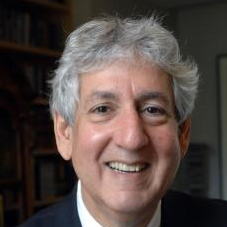
|
Philip KhouryFord International Professor of History Khoury is a political and social historian of the Middle East. He served as the inaugural Kenan Sahin Dean of SHASS from 2002-2006, and has been Associate Provost at MIT since 2006. As Associate Provost Khoury is responsible for overseeing MIT's non-curricular arts programs and initiatives (including the MIT Museum and the List Visual Arts Center), and is engaged in planning for international education and research; for programs to advance the public understanding of science and technology; and for opportunities at the intersections of MIT's five schools. |
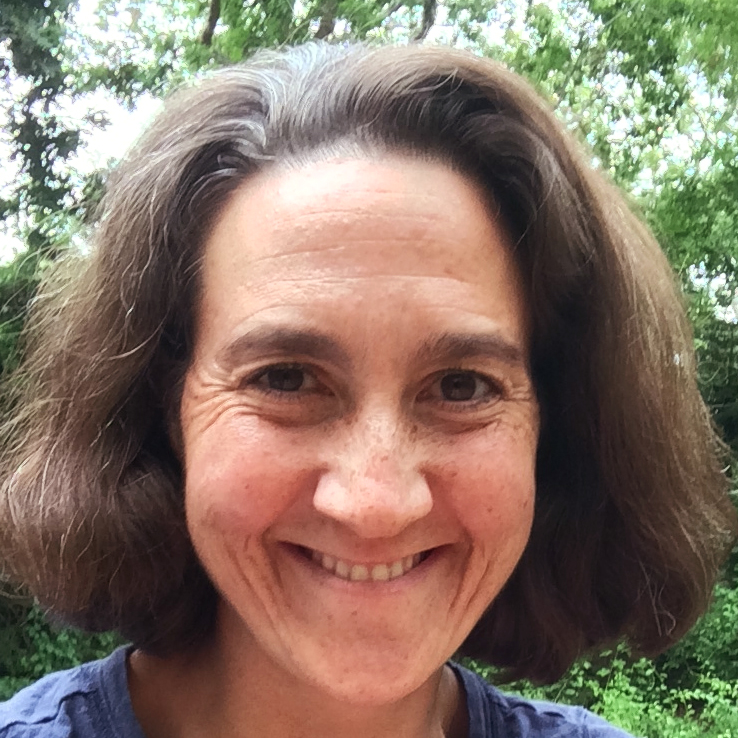
|
Jennifer LightProfessor of Science, Technology, and Society Story: Jennifer Light on new media and democracy |
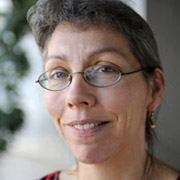
|
Anne McCantsProfessor of History SOLVE FUEL session |
|
|
SOLVE |